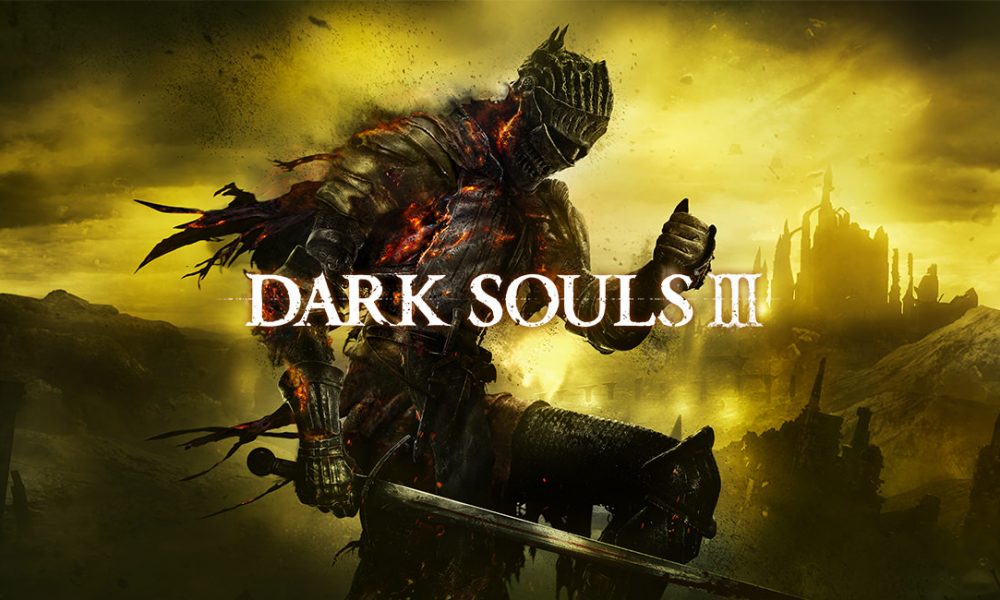Brookhaven National Laboratory, a national research facility, will host “La Boheme,” Giacomo Puccini’s famous opera, performed by the Stony Brook Opera on Wed. April 27.
The event is free, open to the public and held in Berkner Hall, much like previous performances the lab has hosted, according to BNL’s official press release.
“They have a concert series, they run a lot of their concerts at noon, and they’re hour long concerts,” Professor David Lawton, Co-Director of the Stony Brook Opera said. “They’re for employees of Brookhaven National Lab and also people from the surrounding communities like Brookhaven and Upton.”
Since 2009, BNL has hosted over 80 performances from various groups like the Stony Brook Opera and brass quartets. This is the second year that Stony Brook Opera has put on “La Boheme.”
“There is very often a similarity in the kind of mind musicians and scientists have. You often find scientists who are accomplished musicians,” Lawton said in reference to the symbiotic relationship between science and fine arts.
Lawton is one of several professionals at Stony Brook University who has conducted the yearly performance at Brookhaven National Lab and shares a similar mindset with this year’s conductor, Timothy Long.
“Music connects to everything… it involves math on every level,” Long said. “There is history, structure and there is a great deal that deals with structure, memorizing patterns. All of that hooks into science, certainly.”
Brookhaven’s concert series has been around for some time, but students at Stony Brook University are still taking notice of the peculiarities of the events.
“That’s pretty interesting,” Clara Yan, a 19-year-old English major, said. “Obviously [Brookhaven National Laboratory] connotes research, but since they’re hosting something more art-oriented, it’s definitely really unexpected.”
For all of its history, opera is still alive in the US. Since 2015, there have been nearly 4,000 performances of various operas across the state, according to Opera Base, a research site for opera in the United States.
Long said he might know why opera is not falling by the wayside like orchestras and symphonies.
“[Opera] is multimedia, it is what the world goes for today,” he said. “That is what opera is… there are sets, there is language, there is history involved.”
To prove his theory, Lawton has selected “La Boheme” for the second year in a row to best show off the singers’ abilities.
“‘La Boheme’ is an opera that’s characterized by rapid shifts in character, rapid temp changes, rapid time signature changes, so it requires a great deal of focus and attention to the conductor,” Miles Massicotte, one of the two graduate student pianist working with the opera program, said. “As pianists, we’re tasked with playing the entire orchestral production, and at times that proves impossible. There’s only so many notes you can play with two hands.”
A complicated and fast paced opera requires a lot of practice, which is where BNL’s performance comes in, helping performers when the main stage is only a week away.
“For the singers, it’s good for them to have to already face an audience,” Lawton said. “For a small hall, we usually get about 150 people per performance.”
Even though the show always comes together, Long still believes the profession might just be a little off balance.
“Operas must be full of masochists or something. Every opera production there is a point of chaos, just absolute chaos, and we have to stop and think ‘how do we pull this together?’” He said. “The final week, we get into the main stage with the orchestra and the singers so it’s a lot that has to come together in the end.”




Comments are closed.